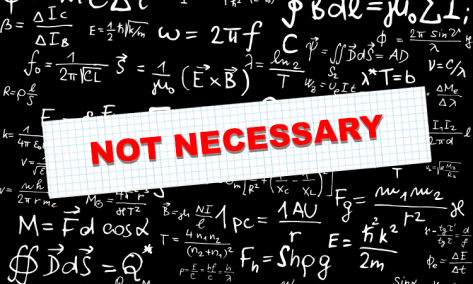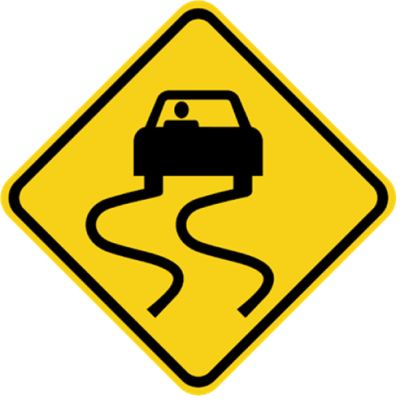

As much as possible, don't try to do conversions back and forth between metric and non-metric.
Just forget about the old units. If I weigh myself and find that I am 75 kilograms, then now I have an idea of what 75 kg means. I don't need to know what that is in pounds - in fact, thinking about the pounds equivalent will just make things more confusing.
Next, I can weigh some additional items to get more familiarity with what the numbers mean. I can weigh my daughter, or a heavy backpack, or look at the product label that shows the weight of the contents. Now I have some reference points to build a mental framework for what a kilogram means. It doesn't mean a certain number of pounds; it means weight that I feel with my hands


Do you have to do math problems when you buy a gallon of milk or look at a thermometer that shows Fahrenheit? Of course not. Then why would you need to know lots of math to buy a two-liter bottle of Sprite or look at a Celsius thermometer?
There are some people who associate metric with geeky, over-precise numbers (replacing "quarter-pounder" with "0.113 kilogrammer" for example). That's just someone trying to make a joke, and reinforcing an unfortunate association. You can just call it a quarter-pounder if you want.
The goal is to learn to use metric units in a natural way - remember, there are millions of people in the world who don't know any algebra at all, but who know what a kilogram of rice is, or a liter of kerosene. Understanding these words is not a geek thing.
You are going to find plenty of situations where you don't know the metric measurement of something, or you don't right away understand a measurement you read or hear. You may not be sure what unit you are supposed to use. It is going to take some work to get used to doing things that you have been able to take for granted.
You don't need to get it exactly right. If you think a cup holds 300 milliliters of water, but really it was 200, will anyone know you were a bit off? Probably not.
Most people are worse at estimating and understanding measurements than they realize. You may not be able to picture "150 meters" in your mind very well, but most people can't really picture "500 feet" either. Either way it would take some practice.
